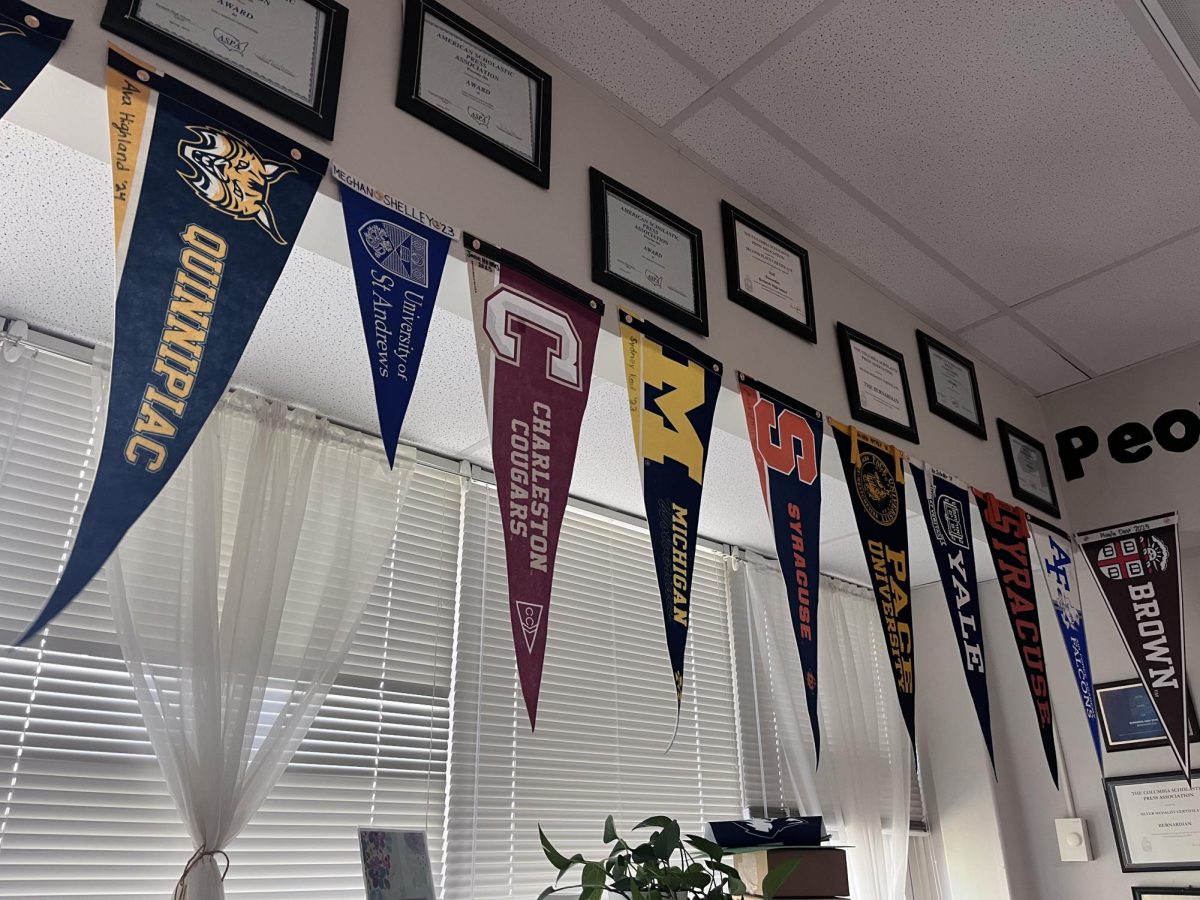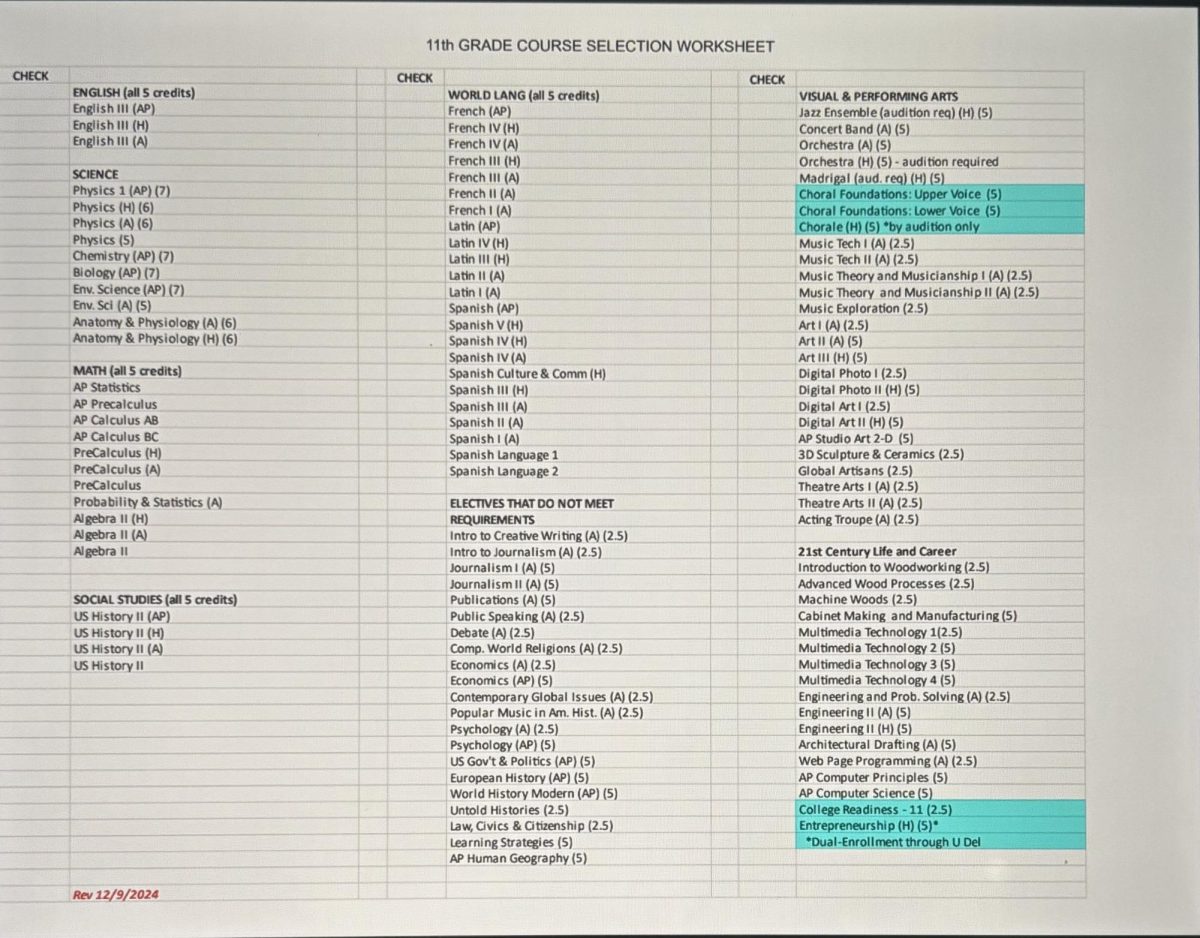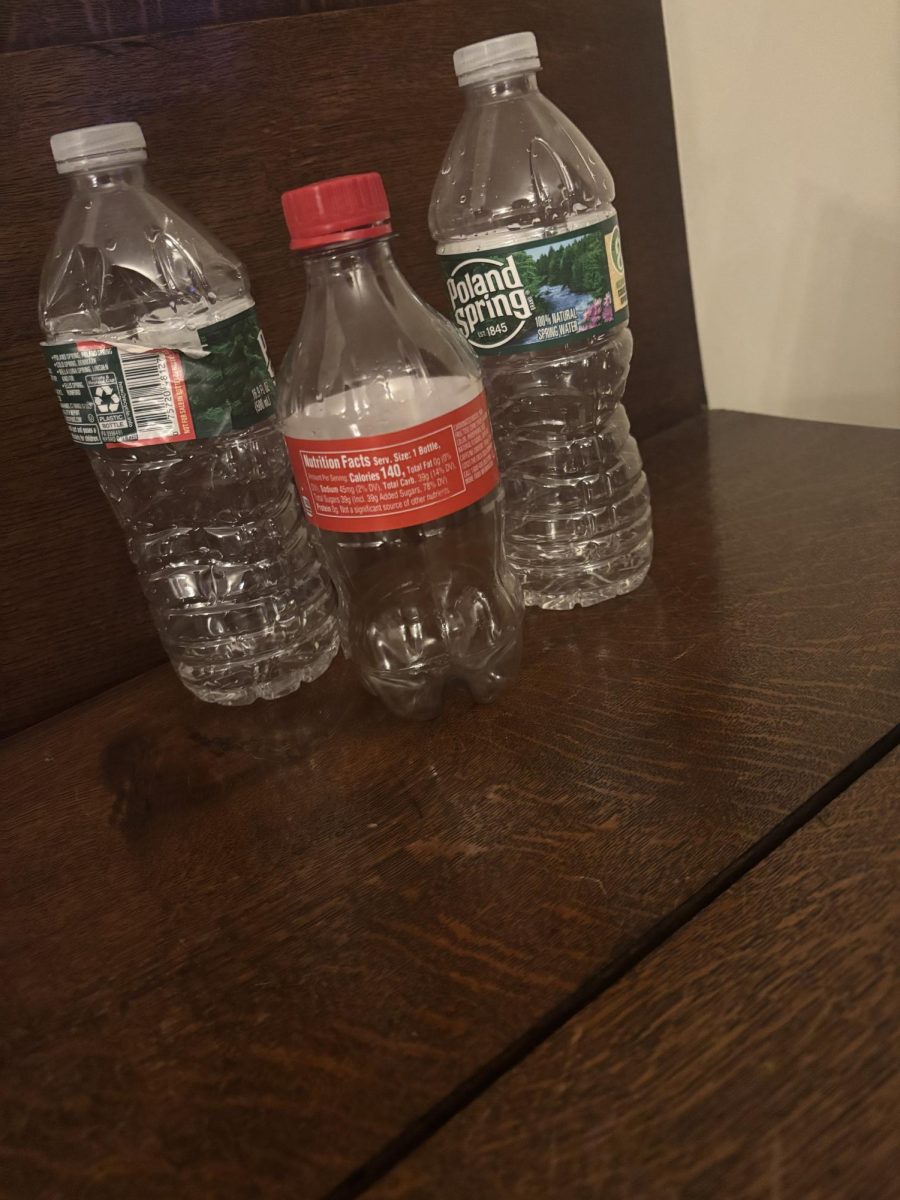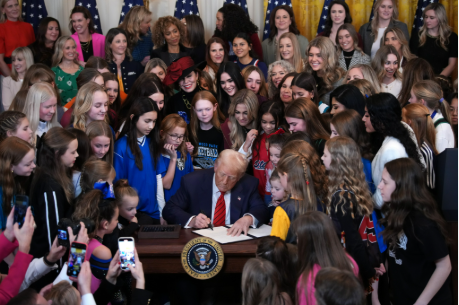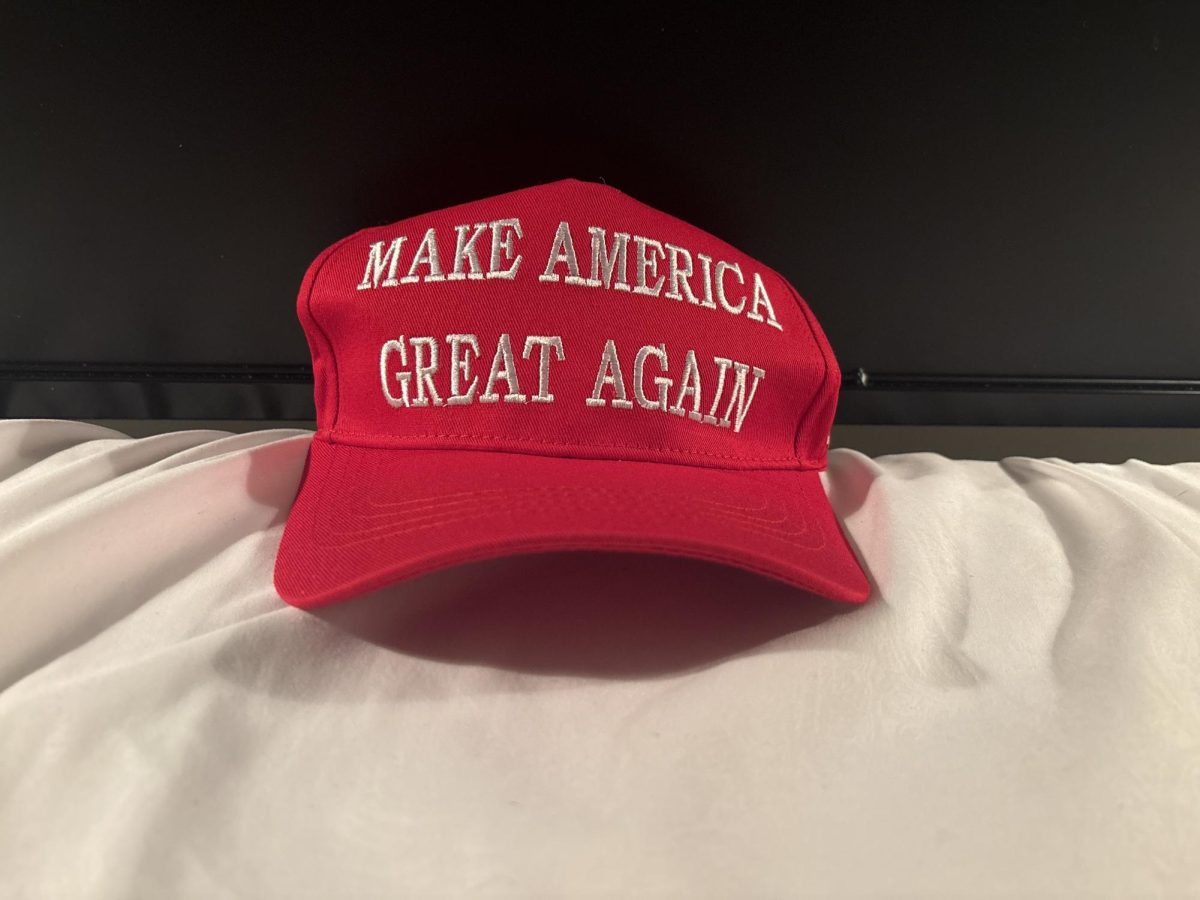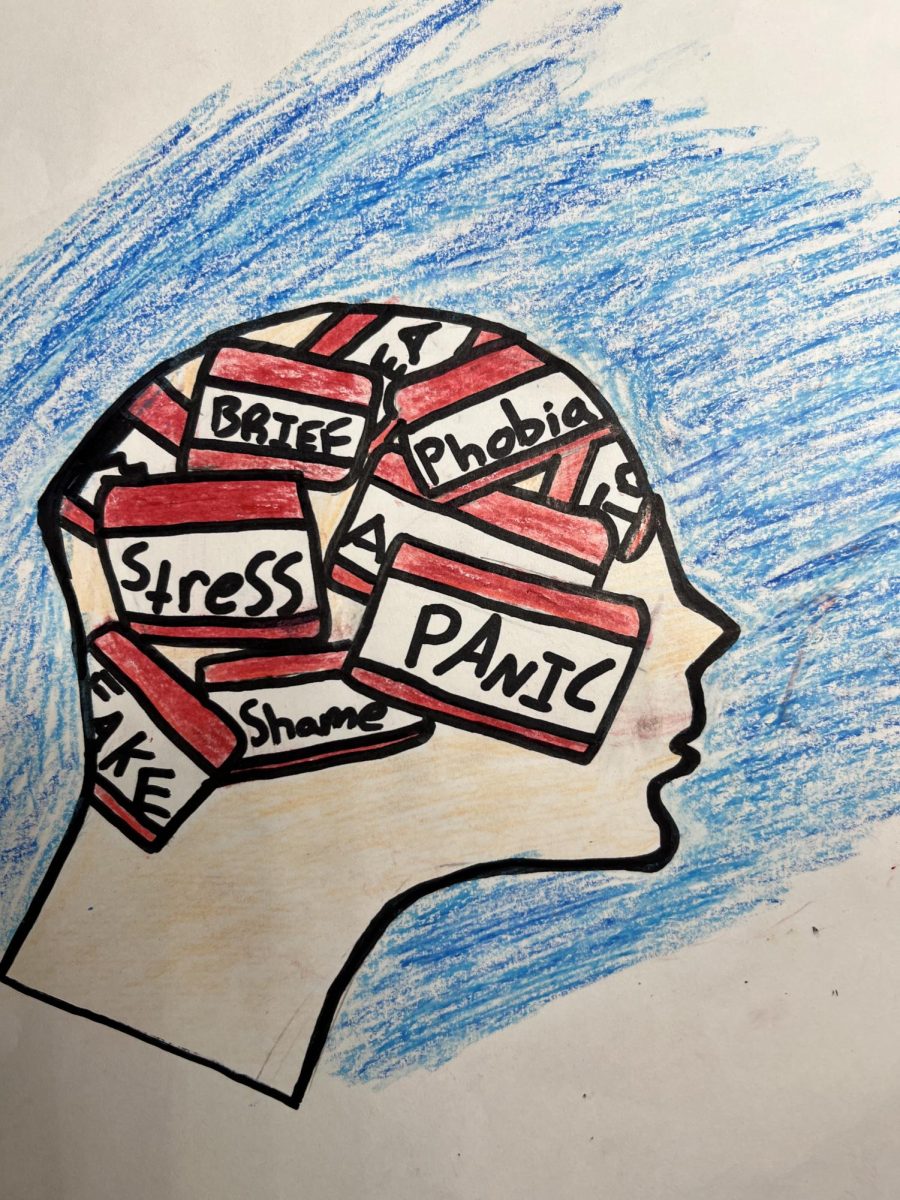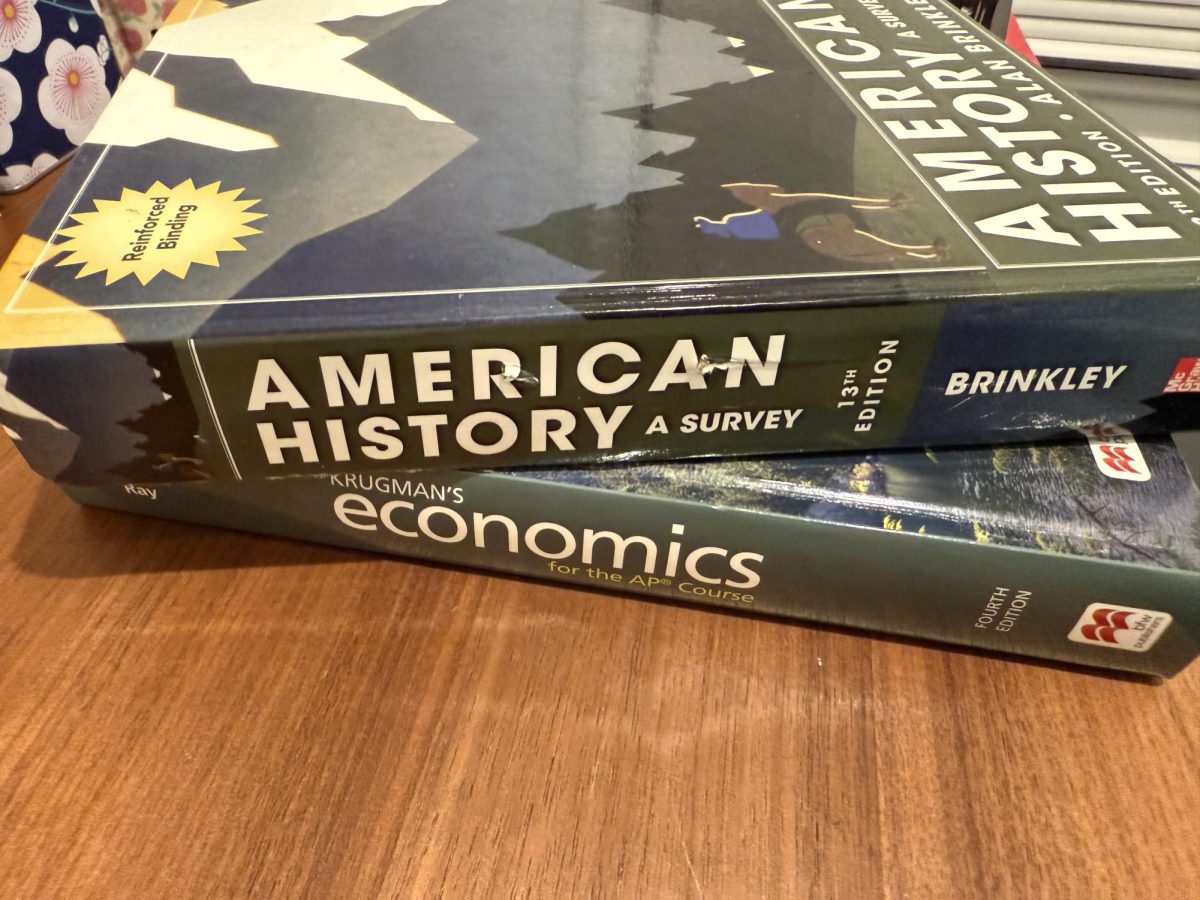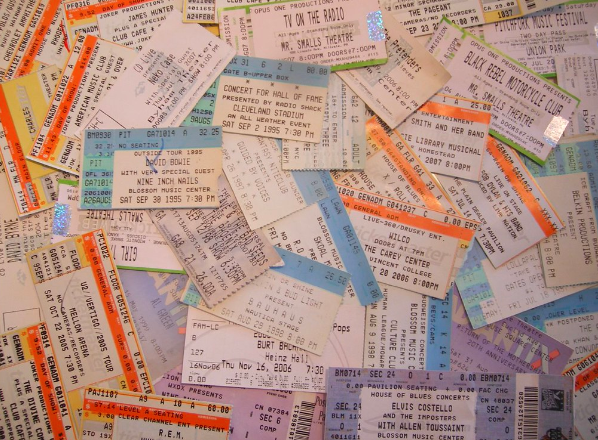
Zach Bryan fans across the globe have long awaited a concert from the Oklahoma-born rising folk singer. After two consecutive years of albums released without any touring due to COVID-19, fans only grew more eager to see him live. Finally on January 19th, Bryan announced that with the release of his third studio album, the 2023 Burn, Burn, Burn Tour would allow fans around the world to see him live. Although fans were ecstatic at the opportunity, the announcement of the Burn, Burn, Burn Tour did not exclusively appeal to his fans. The announcement meant a great deal to other artists alike due to his unique ticket sales platform plotted to directly oppose ticket-selling giants like Ticketmaster.
Tickets were sold via Fair AXS Registration, a system in which participants purchase a lottery ticket for one dollar. Each lottery ticket represents a chance to purchase the actual ticket to one of his shows. Winners are selected at random, and once winners are decided, prices stand at extreme lows between 80-90 dollars a seat. Those who do not win are refunded their dollar. The intention behind this obscure method is rooted in Bryan’s strong belief that everyone should have a fair shot at purchasing a ticket, rich or poor.
“I just believe in a world where 15 year olds kids can still cut grass and save some cash and go see Metallica”, Bryan tweeted. Coming from a small, modest town in Oklahoma, he acknowledges the importance of minimizing the cost of tickets as to give an opportunity to all. He has shared several anecdotes from his teen years about saving up to buy tickets to a concert coming nearby, reminiscing upon how “back then 200 dollars would get you a ticket”, whereas today that often could not cover half of a ticket.
Although most agree with the sentiment, many still wonder how most of the anger can be directed at a single company. To begin, Ticketmaster typically ends up selling for most concerts from artists on the top 100 as a result of their connections with venues, massive size, and availability to sell on a significant scale. The primary concern stems from the control that the significant size of the company gives them. Being one of the only viable mediums for artists to sell through, Ticketmaster has the power to control pricing on tickets. They have quickly grown notorious for marking up prices to outrageous highs, leaving out fans who might not be able to afford the tickets at all. They also charge artists an offensively high percentage of each ticket sold.
Zach Bryan began his outward detestment of this behavior with the release of an album on November 3rd, 2022. He recorded a performance at Red Rocks Amphitheatre in Colorado, releasing it with the title “All My Homies Hate Ticketmaster”. Bryan continued his objection with a statement released on Christmas of 2022, Since, he has consistently posted about the matter on Twitter and ensured that all tickets to his upcoming tour are sold in the most fair manner.
Bryan is revolutionizing the way the modern world absorbs art. With the attention that truly talented artists attract, it has become the norm for their pieces to be greatly influenced by money. Whether their work is directly monetized by bigger agencies for financial reasons, whether wealth has simply corrupted their minds, or whether money has influenced the mindless production of false art, the world has become evidently over influenced by money. True art, capsulating aspects of the natural human experience, can simply not thrive in today’s environment corrupted by the ideals of one’s wallet.
By directly opposing the financial influences that are beginning to restrict fan’s exposure to his art, Bryan creates a clear separation between his art and the money made from it. This ensures that his songs are for all to experience, and that no price can be put on hearing them live. Most importantly, however, his opposition to Ticketmaster has sparked the conversation necessary to realign the values of the music industry, with its main goal to allow artists to share their unique experiences with the world, and not to make the most money off of them.
As Bryan put it himself, “people should not be priced out of music. If anything, anything at all, give people some songs man”


